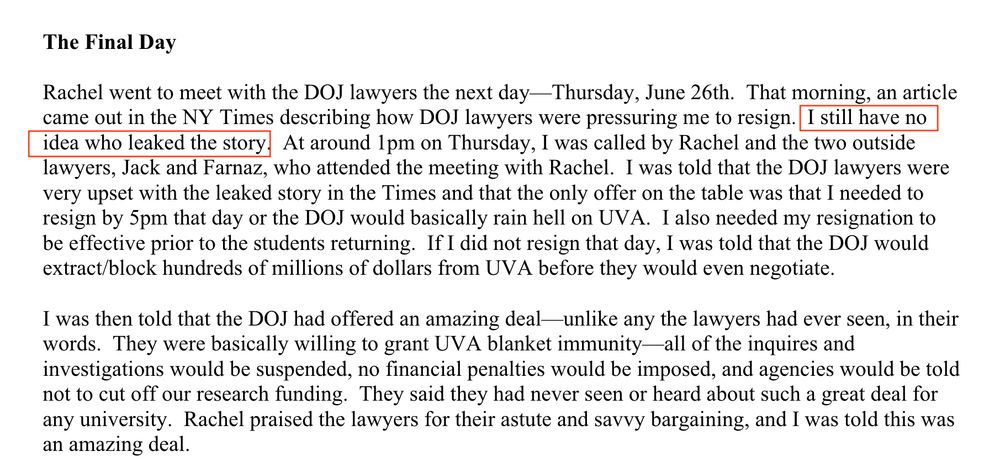
Historian of economics, culture and econ, author of 'Realizing the Values of Art' the biography of 'Jan Tinbergen and the Rise of Economic Expertise' and 'Viennese Students of Civilization'.

We sift through the many definitions, and specify precisely when co-production is likely to work!
doi.org/10.1007/s108...

seeinglikechicago.substack.com/p/william-i-...
Reposted by Erwin Dekker


Reposted by Erwin Dekker
This is the last issue edited by Pedro Duarte and Jiména Hurtado. As incoming editors, we would like to take
the opportunity to express a great thanks for the excellent job they have done!
Reposted by Erwin Dekker

Edited by C. Bessy, @erwindekker.bsky.social & @juliengradoz.bsky.social
🔗 journals.openedition.org/oeconomia/19...
Comes also with a dozen of book reviews on hedge funds, econ expertise in Soviet Union, Solow's model, or digital capitalism.


This case has never been about one man alone; if the govt can violate the constitutional rights of one, all our rights are threatened.

seeinglikechicago.substack.com/p/lets-argue...
Reposted by Erwin Dekker
doi.org/10.1017/S105...
Reposted by Erwin Dekker
doi.org/10.1017/S105...

And it tells you something about how to become a better version of yourself: seeinglikechicago.substack.com/p/lets-argue...
Reposted by Erwin Dekker, Bessma Momani, Mark Rice

Read this excellent @wsj.com account of the business deals behind the "peace"negotiations
www.wsj.com/world/russia...


Reposted by Erwin Dekker
On Heinrich Dietzel's attempt to reconcile the different camps in the German Methodenstreit of the late 19th century.

There were two US citizens in the car. They were apprehended and detained for “obstructing” ICE by honking their horn to let people know ICE was in the neighborhood.

seeinglikechicago.substack.com/p/saul-alins...
Reposted by Erwin Dekker

journals.openedition.org/oeconomia/19...
Reposted by Erwin Dekker
Reposted by Ilya Somin, Erwin Dekker
Reposted by Scott L. Greer, Erwin Dekker, Peter Bergman

2) Events were forced by NYT story w leaked info that he was under pressure to resign. UVa prez has 'no idea' where leaks came from (See below.)
3) FWIW same NYT team did leaked "Harvard will cave" stories

seeinglikechicago.substack.com/p/hotel-life
Reposted by Erwin Dekker

Reposted by Erwin Dekker, Richard Pettigrew


open.substack.com/pub/weirdmed...


seeinglikechicago.substack.com/p/the-age-of...

Here's how to turn it off.
First go to the hamburger menu in the upper left corner

Toward an Austrian Theory of the Self in The Review of Austrian Economics. It's Open Access!
In the paper I explore connect the Austrian theory of subjectivism to the philosophical sociology of George Herbert Mead and argue that we to explain, not assume, individual heterogeneity

